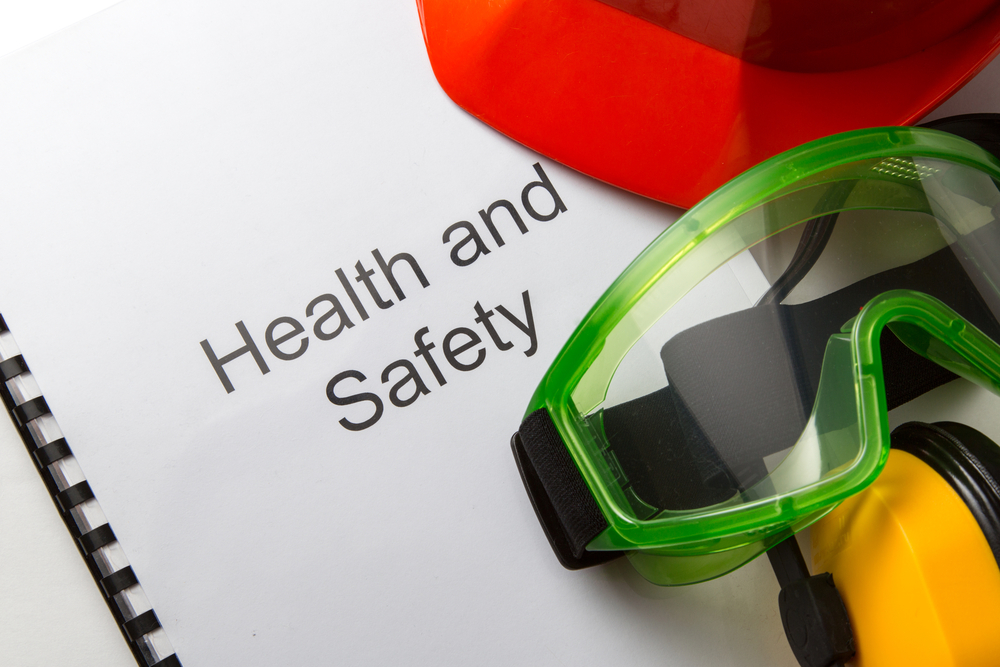
Farming is regularly highlighted as one of the most dangerous professions in the UK – with worker fatality rates among the highest of any industry.
Poor health and safety procedures can also lead to staff needing more time off work through injury, which can have an adverse effect on productivity.
Oxfordshire-based health and safety specialist Safety Revolution has now adapted a series of courses run by the Institution of Occupational Safety and Health (IOSH) specifically for the agricultural sector.
The sessions have been designed for all levels of seniority – from trustees and directors, through to farm and estate managers and grassroots workers.
Oliver Dale, managing director of Safety Revolution, said: "Generally, farmers are addressing health and safety in a positive, proactive way.
"The majority of employers treat the issue as they would other disciplines – such as finances, agronomy and nutrition.
They recognise that it’s an important area that they need to get right for the overall success of their business.
"However, the facts are incontrovertible – statistically farming is still the most dangerous industry to work in.
"We hope that these courses will go some way to address that, combining first hand, working examples with practical advice.
"Often when people sit in a classroom it can be difficult to relate what’s being said to their own experiences – but our aim is to dispel some of the mystery around health and safety and make a connection to show people just how easy it can be."
The courses are:
Leading Safely: a one day course for trustees, directors and partners at the head of organisations.
Managing Safely: a four day course for those responsible for implementing health and safety procedures such as farm and estate managers and supervisors.
Working Safely: a one day course for farm workers.
Mr Dale said the course material was set out by IOSH and adapted to suit the specific needs of landowners and farmers.
Content could include anything from common hazards and handling livestock, through to machinery operation, working at height and lone working, he added.
